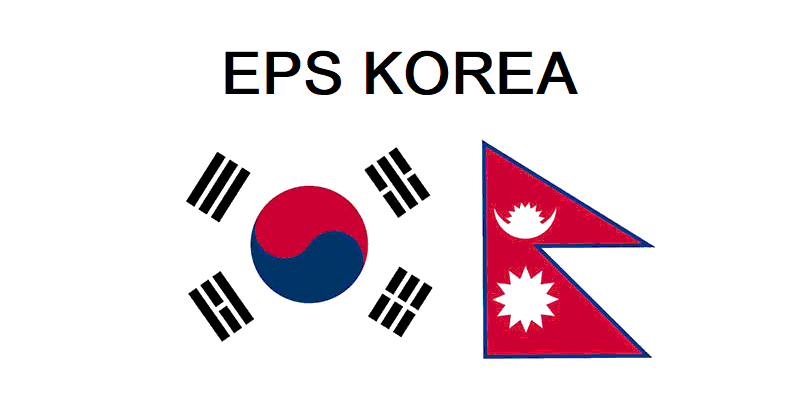
Nepal Faces Challenge in Korean Worker Exams: Adjustments and Concerns
Kathmandu, March 6, 2024 - Nepal is grappling with adjustments in its process for Korean language exams, with a surge of over 10 times more applicants than required for the Korean language examination. As a result, authorities have requested adjustments to ensure smoother proceedings in the future, limiting applications to only three times the demand from the next year onwards. This move comes amidst concerns over hiring non-production workers due to the overwhelming number of applications this year.
According to sources, a letter received from the President of HRD Korea regarding the EPS system's process for recruiting foreign workers highlighted the challenges faced by Nepal in managing the influx of applications. The letter emphasized the need to expedite this year's Korean language exam, citing potential delays in recruiting workers for other sectors if the examination process is not streamlined.
Maiya Kandel, head of the EPS Korea branch in Gwarko, elaborated on the situation, explaining that Korea plans to recruit workers from other countries due to the inability to conduct the language test in Nepal. However, he assured that this arrangement would not affect those who have already passed the examination and possess the required skills.
Highlighting the scale of the challenge, Kandel mentioned that it would take until January 2 next year to complete the examination of the 163,000 candidates seeking entry into the manufacturing sector alone. This year, South Korea has planned to bring in only 15,900 workers from Nepal for the production sector.
Looking ahead, Kandel proposed potential solutions, including discussions on allowing only those who have passed the preliminary exam to participate in the language exam from the next year. Alternatively, he suggested the development of software to automatically close applications after reaching three times the required number.
Expressing concerns over potential repercussions, Kandel warned that Nepal might lose its position as the primary source of workers for Korea if the examination process is not expedited. Currently, Korea draws workers from 16 countries, including Nepal, owing to the reputation of Nepali workers for honesty and reliability.
Amidst these challenges, South Korea's Human Resource Development Service is conducting Korean language tests at a rate of 1,000 examinations daily. This rigorous schedule aims to accommodate the large number of candidates seeking employment opportunities in Korea.
As Nepal navigates through these adjustments, stakeholders remain hopeful for a streamlined process that maintains the country's standing as a trusted source of diligent and ethical workers for South Korea.


